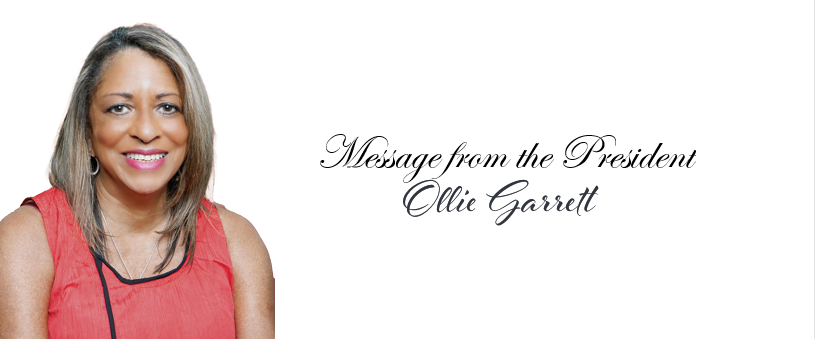When I interviewed Sound Transit’s Chief Diversity, Equity, and Inclusion Officer, Maria Doucettperry, she had been on the job only two months and three days. Even so, she said she had already had some wins. She says some of Sound Transit’s contract language is ambiguous. “I think people were utilizing that to argue they did not have to include DBE or small business work.” To rectify and clarify, her department is rewriting contract language so everyone understands they have to participate. “No loopholes for people to hide behind.”
Doucettperry wants quick wins and immediate fixes, but faces decades old procedures, long-held beliefs, and resistance to change. So she is putting “fresh eyes and ideas” on long-term problems. “I want to understand what the concerns are so we can prioritize.”
In the Sound Transit news release announcing her hiring, Doucettperry said, “I look forward to the opportunity to collaborate and engage with board members, team members, riders, small business owners, and other community members as we work together to embed equity in the policies, programs, practices, and expansions planned and executed throughout the region.”
She says to accomplish that Sound Transit has to engage with people and listen. “I am just moving into this community. I haven’t been here, and I don’ t understand all the major concerns or roadblocks. My first plan is to have those conversations. I don’t want to walk in thinking I know everything about a community I have never been a part of.” In fact, the Northwest is about the only part of the country where she has not lived.
Ms Doucettperry recently toured the Tabor 100 offices and committed to continuing the collaboration Sound Transit has enjoyed with the organization. “We look forward to working with Maria and want our membership and others in the minority business community to do well on Sound Transit projects, Ollie Garrett, Tabor 100 President said. “We stand ready to assist Sound Transit in its efforts to engage more of our businesses in its work.”
Doucettperry’s credentials are extensive and varied. Most recently she directed Equal Opportunity & Title IX at the University of Nevada, Reno. She oversaw compliance with federal and state EEO mandates and also wrote DEI policies and procedures. She spent twenty years as a military attorney addressing discrimination and disability cases as well as working on environmental justice. She has lived all over the United States and spent time in several other countries. She has thee adult children and one just entering high school. Her unusual last name, Doucettperry, is pronounced ‘Doo-say pah-ree,’ a hybrid of her last name and her former husband’s.
Maria Doucettperry said she was looking for a place where she could make an impact and Sound Transit fit the bill. “We’re a community organization whether we like it or not, or know it or not. Our business is people. If we are not doing things to better their lives, their rides, their engagement, then we failed especially with this expansion we are doing. We have to go into it with eyes wide open.”
How can Sound Transit help minority businesses? “The first thing we do is, we start with the contracts and the expansion. We have all this federal money coming in. How can we put it into the hands of minority, veteran, and small businesses.” She suggests looking into unbundling contracts. “It’s one thing to put something in place but if it’s not working…or if people can dance around it because of the wording in the contract, that’s a disservice. It does not move us in the direction we want or at the level we want.”
“When Sound Transit decided to be an anti-racist organization, I don’t know that everyone even knew what that meant, but they have take it on and we’re here to live up to the challenge. So let’s do this.”


